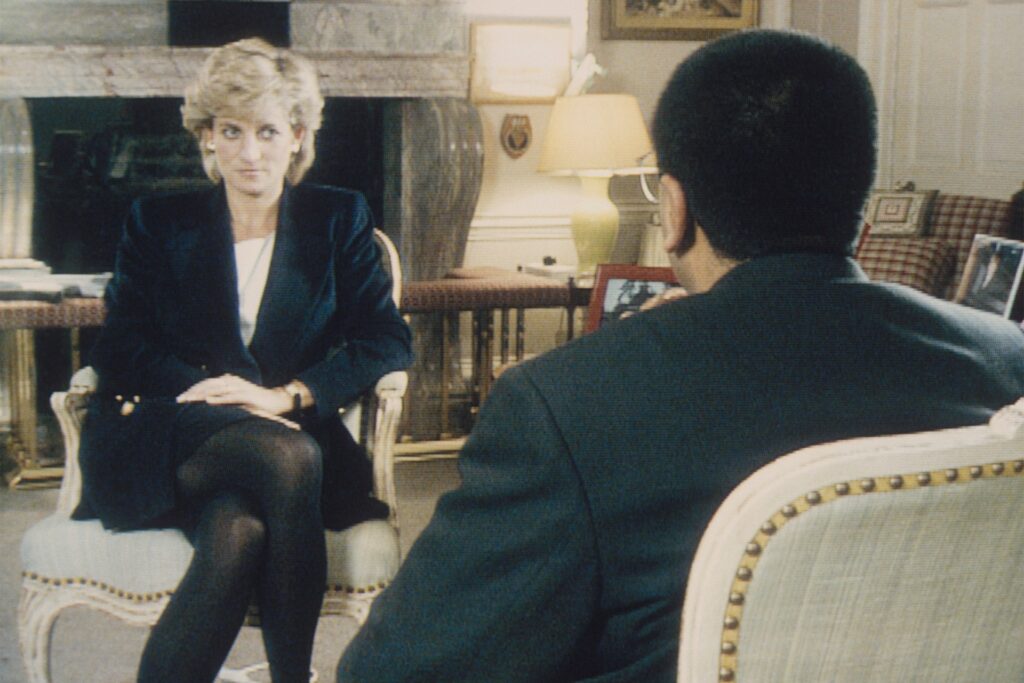The journalist who conducted the interview, Martin Bashir, was found to have misled the late princess by using forged documents which preyed on her insecurities and paranoia. These included falsified bank statements which he showed to her younger brother, Earl Spencer, to convince him that his own staff were being paid to spy on the princess.
After Lord Dyson’s report was published last year, Prince William made a moving public statement. The second-in-line to the throne spoke candidly about the effect the interview had had on him and his family, saying: ‘It is my view that the deceitful way the interview was obtained substantially influenced what my mother said. The interview was a major contribution to making my parents’ relationship worse and has since hurt countless others.’ He also called upon the BBC to axe the programme permanently, saying: ‘It is my firm view that this Panorama programme holds no legitimacy and should never be aired again. It effectively established a false narrative which, for over a quarter of a century, has been commercialised by the BBC and others.’
A separate court case last month saw the broadcasting company forced to pay substantial damages to Princes William and Harry’s former nanny, Tiggy Legge-Bourke (now better known by her married name, Alexandra Pettifer), who was accused of having an affair with the Prince of Wales. Diana’s belief in this affair was another factor that led to her agreeing to open up to Bashir. Pettifer’s lawyer, Louise Prince, said at the time that ‘these false and malicious allegations’, which led to ‘serious personal consequences’, likely ‘arose as a result and in the context of BBC Panorama’s efforts to procure an exclusive interview with Diana, Princess of Wales.’
Earlier this summer, BBC director-general Tim Davie promised that the BBC would never broadcast clips of the interview, saying: ‘Now we know about the shocking way that the interview was obtained, I have decided that the BBC will never show the programme again, nor will we license it in whole or part to other broadcasters. I would urge others to exercise similar restraint.’
